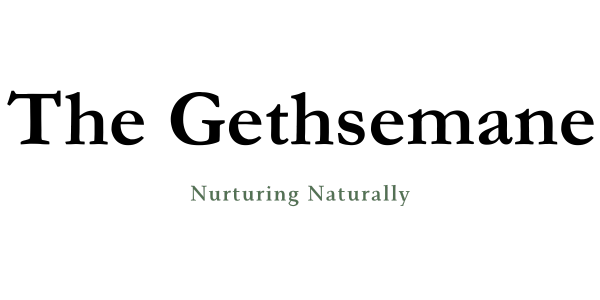“We know that the menus designed for the American school system aren’t great,” he said. “For example, pizza is somehow considered a perfect food because it covers the meat, grain, dairy, and fruit and vegetable requirements all in one swoop, but we know that pizza isn’t a perfect food for schoolkids. We’re not trying to replace the entire lunch program; we’re trying to create culturally specific components so there are options to build out menus using these recipes with at least one ingredient coming from an Indigenous producer.”
Local Indigenous advocates are cheering Sherman on as he expands his purview to better serve the robust Native community in the Twin Cities, estimated at more than 35,000 individuals. “There is a huge need for culturally appropriate foods, especially in schools and programs serving Native people, and I’m grateful Sean is supporting this with his new business,” said Indigenous Food Network Program Coordinator Kateri Tuttle. “There will always be a need to continue to expand services that provide our families and community with these important foods.”
Sherman wants to introduce more Indigenous foods into the American food system. (Photo credit: Bill Phelps Studio)
As much as this is about feeding people, it’s also about uplifting Native entrepreneurs and businesses. To that end, Sherman estimates that NATIFS currently funnels some $700,000 a year to Indigenous producers and farmers. He only see that growing from here.
“We want to ensure there’s always money going toward Indigenous food production,” he said. “I think we could probably double or triple our current purchasing power with this move into institutional food, where we’ll eventually be creating thousands of servings a day. So we’re not only addressing a need, but we’re also helping create a more sustainable system.”
Muckleshoot nutrition educator and food sovereignty advocate Val Segrest, who has collaborated with Sherman on past initiatives, emphasized the importance of initiatives like this.
“Efforts like this are a powerful reclaiming of space [and] story, and strengthen food sovereignty,” she said in an email. “By establishing Indigenous-owned food hubs in the heart of our communities, we restore pathways for cultural knowledge, health, and economic vitality to thrive. This is more than a building or initiative—it’s a beacon for Indigenous food futures, rooted in our values and nourished by our ancestors’ vision.”
Sherman is also eager to launch the satellite IFL in Bozeman, developed in partnership with Montana State University’s Buffalo Nations Food System Initiative, the Montana Indigenous Food Sovereignty Initiative, and the Human Resource Development Council of Southwest Montana.
Set to open this fall, it will be located in the Human Resources Development Council of Southwest Montana building and feature an incubator kitchen, a classroom, and a large warehouse designed to replicate the model he has developed in Minneapolis. Similar satellite IFLs are in the works in Rapid City, South Dakota, and Anchorage, Alaska—all intended to empower regional Indigenous chefs, entrepreneurs, community members, and organizations with professional equipment, culinary knowledge, and other support as needed.
For Sherman’s collaborators in Montana, it’s a welcome development. “First and foremost, the Indigenous Foods Lab is about revitalizing the kinship economy for the well-being of the people and the land; in the current climate, this work is more important than ever,” said Jill Falcon Ramaker, PhD (Bishkane Mishtadim Ikwe), director of the Buffalo Nations Food System Initiative.






:max_bytes(150000):strip_icc()/vwt-sunny-premium-curve-manual-treadmill-ryan-sisson-9-ee12a6e04cd647a4b5ec0859d5ec7b80.jpeg?w=150&resize=150,150&ssl=1)
